News
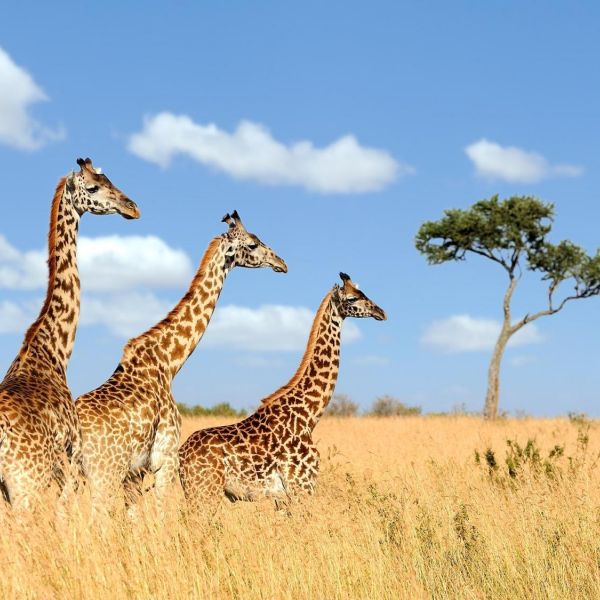
Jun 03, 2024
Food, not sex, drove the evolution of giraffes’ long neck, new study finds
Why do giraffes have such long necks? A study led by Penn State biologists explores how this trait might have evolved and lends new insight into this iconic question. The reigning hypothesis is that competition among males influenced neck length, but the research team found that female giraffes have proportionally longer necks than males — suggesting that high nutritional needs of females may have driven the evolution of this trait.
Full Article

May 29, 2024
Complete X and Y chromosome sequences of living great ape species determined
Newly generated, complete “end-to-end” reference genomes for the sex chromosomes of five great ape species and one lesser ape species — produced by an international collaborative team led by researchers at Penn State, the National Human Genome Research Institute and the University of Washington — highlight extremely rapid changes on the male-specific Y chromosome among ape species.
Full Article

May 29, 2024
Denise Okafor named Huck Early Career Chair in Biophysics
Denise Okafor, assistant professor of biochemistry and molecular biology in the Eberly College of Science at Penn State, has been awarded a Dorothy Foehr Huck and J. Lloyd Huck Early Career Chair in Biophysics.
Full Article
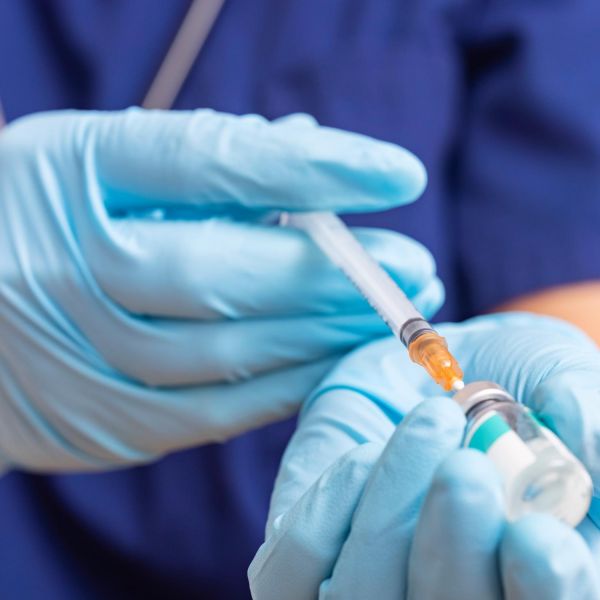
May 29, 2024
Local disparities may prevent national vaccination efforts for rubella
When public health officials make policies about when and how vaccination programs are implemented, they must weigh the benefits and risks of how infectious diseases spread throughout the country. However, these analyses are often based on national-level data and, in some countries, may overlook nuances at the local level.
Full Article
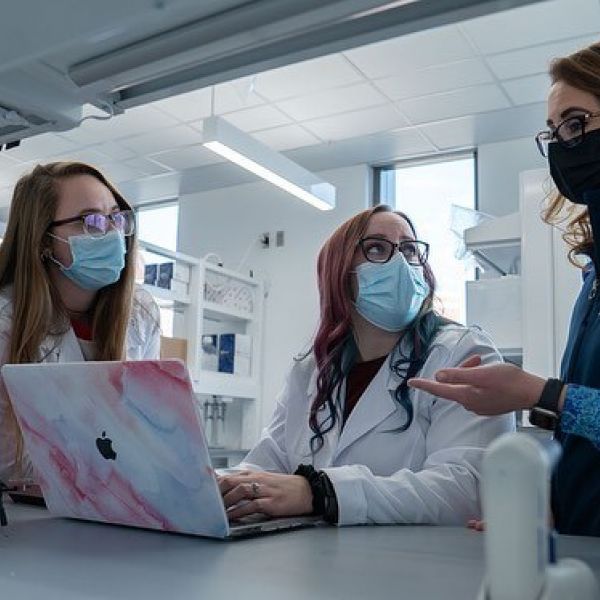
May 22, 2024
Type 2 diabetes treatment found to impact fungal community in human gut
Penn State researchers have published findings showing the effects of Type 2 diabetes and metformin, a common treatment for that condition, effect the human gut mycobiome.
Full Article
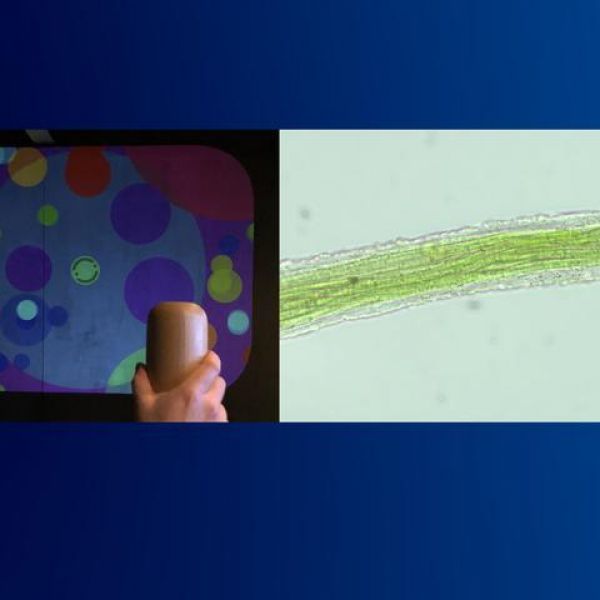
May 22, 2024
Exhibition showcases art and science collaborations
An art exhibition showcasing recent collaborations in art and science will be on display in the Huck Life Sciences Building on May 30 and May 31 in conjunction with the One Health Microbiome Center Biennial Symposium.
Full Article
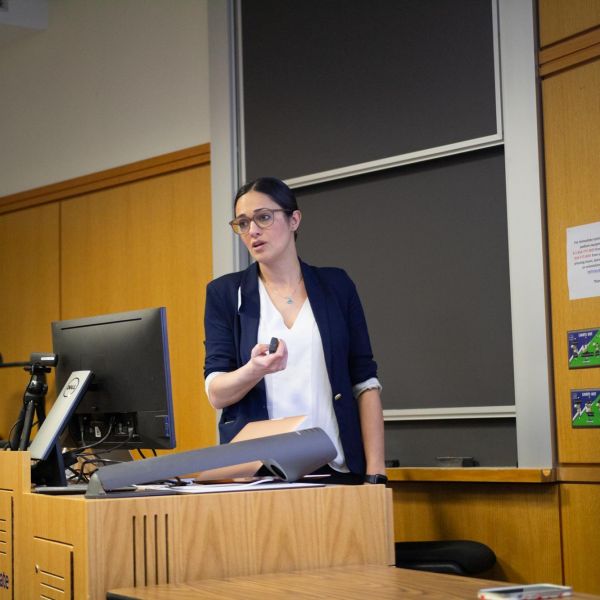
May 21, 2024
Heard on campus: RNA expert Sara Rouhanifard
Scientists from prominent U.S. research institutions, including Sara Rouhanifard, assistant professor in the bioengineering department at Northeastern University, gathered recently at Penn State University Park for the inaugural Center for RNA Molecular Biology symposium, a one-day conference that brought together experts from varied fields around topics ranging from RNA chemistry to computational biology.
Full Article
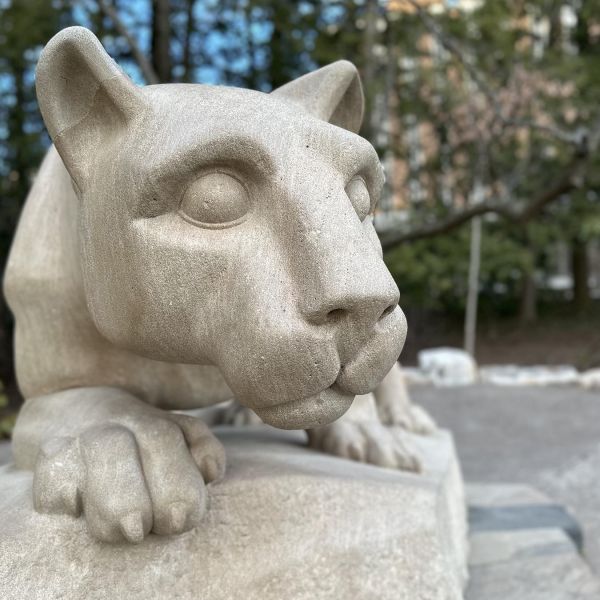
May 20, 2024
Five Penn Staters to receive 2024 Honorary Alumni Award
The Penn State Alumni Association is recognizing five longtime Penn State champions and benefactors with the 2024 Honorary Alumni Award. The Honorary Alumni Award has been given by the Alumni Association since 1973 to honor people who, while not graduates of Penn State, have made significant contributions toward the University’s welfare, reputation, or prestige.
Full Article
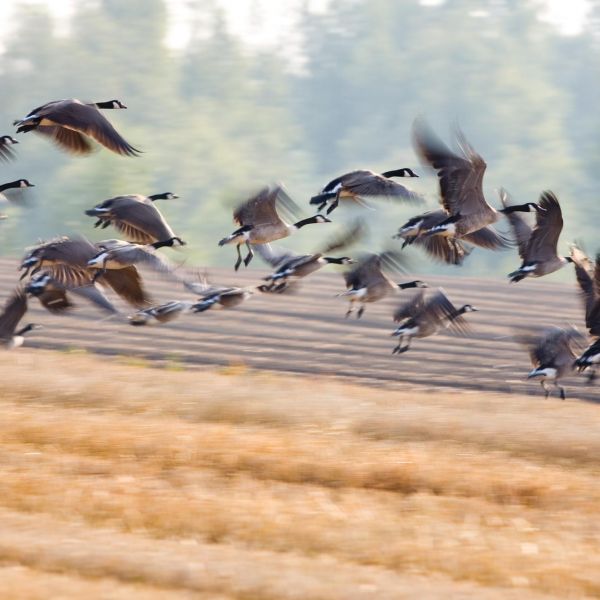
May 16, 2024
H5N1 virus from 2022 mink outbreak capable of inefficient airborne transmission
Highly pathogenic H5N1 avian influenza was detected in dairy cattle for the first time in the United States in March, with nine states reporting outbreaks by May. While the method of transmission among cattle is currently unknown, new research demonstrates that a related strain of H5N1, which caused an outbreak in farmed mink in 2022, could transmit through the air to a limited number of ferrets.
Full Article

May 15, 2024
Three Penn State staff members honored by University Staff Advisory Council
The University Staff Advisory Council (USAC) honored three outstanding Penn State staff members at a ceremony on May 10 in Old Main’s Alumni Lounge.
Full Article